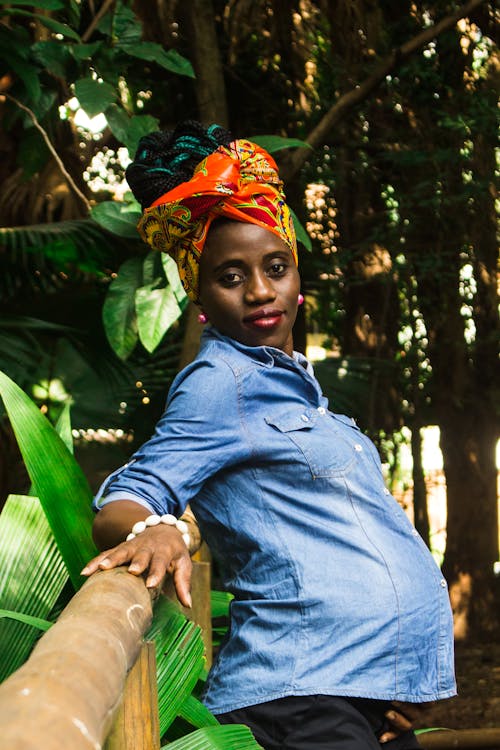Pregnancy and the Flood of Advice: What to Believe?
If you’re pregnant, chances are you’ve heard a flood of well-meaning advice—from your mother-in-law to the random market woman. Nigerian mums especially know how real it gets! While some advice is helpful, many are rooted in old wives’ tales that can add confusion (and sometimes stress) to your journey.
Whether it’s tips on how to sit, eat, or even breathe during pregnancy, handling unsolicited advice gracefully is a skill every expectant mum quickly learns.

Unwanted Advice Gets Worse as Pregnancy Progresses
The further along you get, the more “experts” seem to appear. Some say don’t bend too much, others warn against picking up another child, lest you trigger early labour. As your due date approaches, the home remedies come flooding in: eat this to induce labour, avoid that, or you’ll delay it. While some of this advice is cultural wisdom, much of it is pure myth.
Popular Pregnancy Myths: Fact or Fiction?
1. Morning Sickness Means You’re Having a Girl
One of the most popular beliefs is that severe morning sickness points to a baby girl. While it makes for a fun guess, there’s no medical basis for this one. Every pregnancy is different, and so are the symptoms!
2. Heartburn Equals a Hairy Baby
Many mums swear by this one: if you’re popping antacids like candy, your baby must be born with a full head of hair. It sounds wild, but some research actually hints at a small connection—although it’s far from conclusive.
3. High or Low Bump: Clues to Baby’s Gender?
People may comment on how you’re “carrying” high or low. According to the myth, carrying high means it’s a girl; carrying low means it’s a boy. In reality, bump shape has more to do with your body type and muscle tone than the baby’s gender.
4. Baby’s Heartbeat Can Predict Gender
This myth says a heart rate over 140 beats per minute means a girl; below that, a boy. Your doctor checks the heartbeat to monitor your baby’s health, not their gender, so don’t read too much into the numbers.
5. Clingy Toddlers and Baby Gender: The Curious Tale
This one is especially popular among Nigerian mums, that if a young boy becomes unusually clingy around a pregnant woman, she must be having a girl, and vice versa. The idea is that children “sense” competition from a sibling of the same sex. Again, there’s no scientific backing, but it can be amusing to observe!
Interestingly, this ties into what many LagosMums readers are searching for, why toddlers become extra clingy during pregnancy. While it could be a coincidence, clinginess often has more to do with emotional changes in the household than gender predictions.
6. Different Pregnancies Mean Different Genders?
Another popular belief is that if your second pregnancy feels completely different from your first, you’re carrying another sex. While it’s fun to compare pregnancies, symptoms can vary for many reasons unrelated to gender.
Myths Can Be Fun, But Stick to the Facts
Old wives’ tales are part of the fun and folklore of pregnancy. They make for great conversations at baby showers and bonding moments with elders. But remember: they’re not medical facts. Don’t paint the nursery pink or blue based on someone’s hunch.
Read


